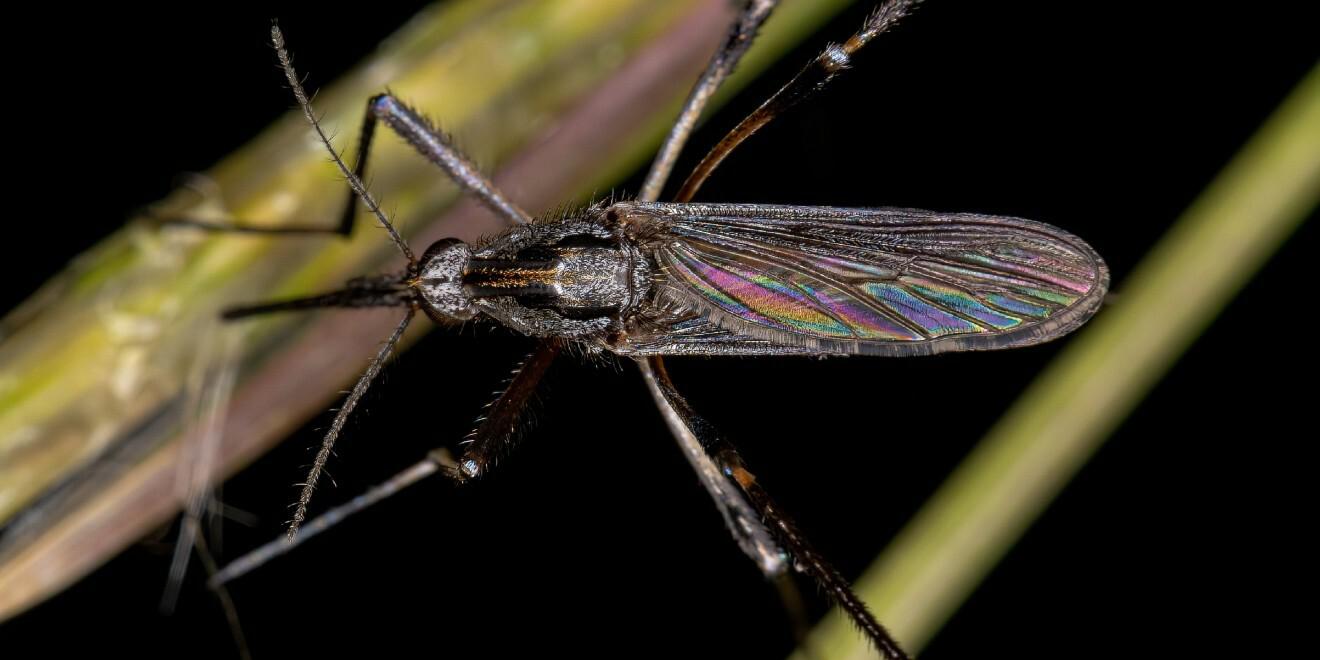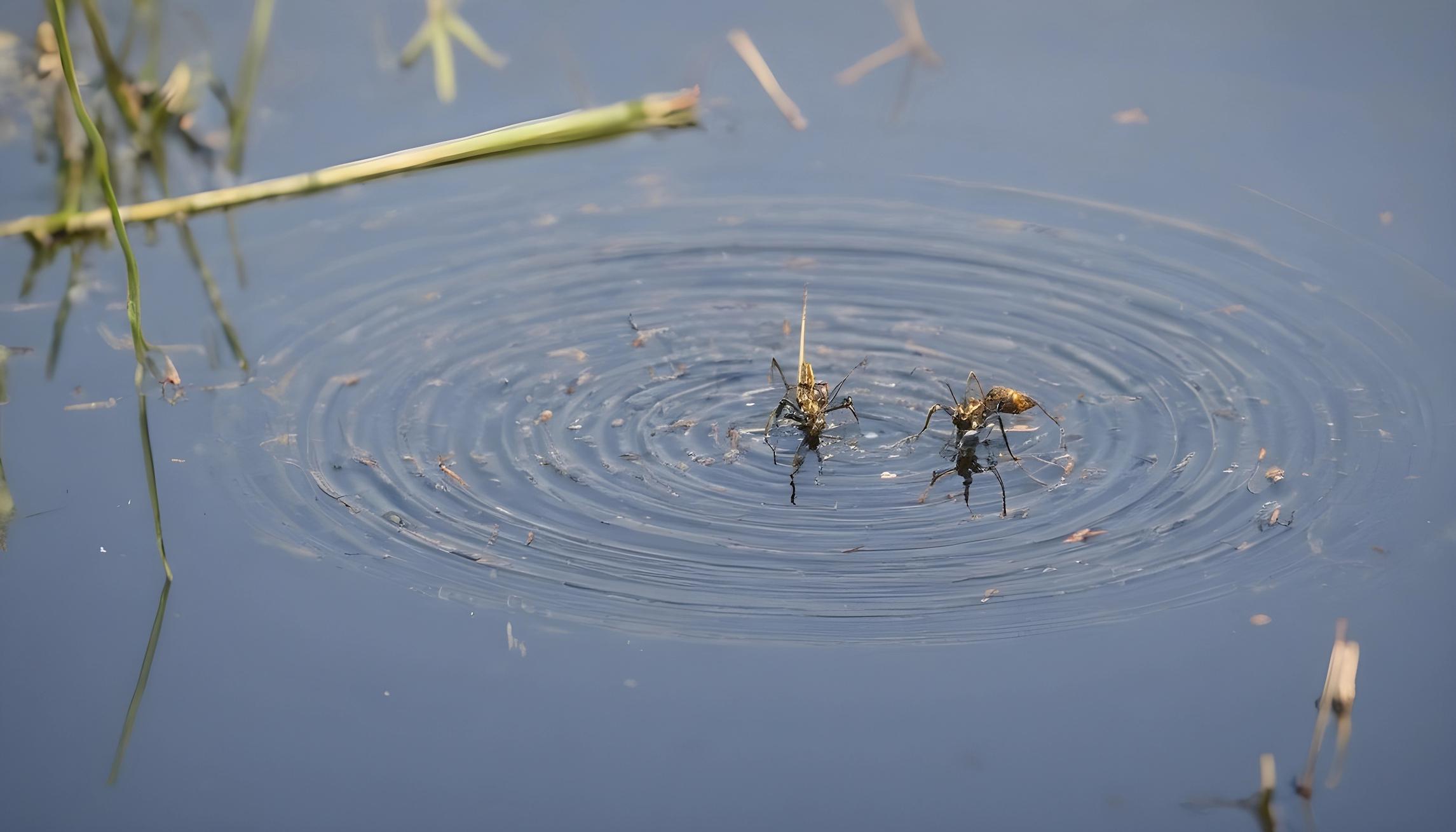What animals carry black legged ticks?
Posted by Mosquito Squad
December 20, 2023

Black-legged ticks cannot travel long distances on their own.
However, these disease-spreading menaces get a little help from their friends to move around and obtain necessary blood meals through each phase of their life cycle. Some animals are often responsible for carrying black legged ticks onto our properties, while others are natural tick eliminators. Can you identify what animals are friend or foe concerning tick transmission?
What animals bring black-legged ticks onto your property?
The Nashville metro is growing, both in population and with urban sprawl. As urban development pushes farther out, natural resources are becoming sparce for wildlife therein. If you are among the two million Nashville metro residents, you have perhaps seen deer in your developed neighborhood. Deer are one of the common black-legged tick carriers (even though they are not necessarily responsible for the spread of Lyme disease). Other common woodland carriers are some you might not have considered, especially since the black legged tick is often referred to as the deer tick, such as raccoons, lizards, chipmunks, squirrels, and the dreaded white-footed mouse. One bad thing about these tick transporters, is that they can carry ticks into your yard without you ever noticing them. The worst thing about the white-footed mouse, is that it is largely responsible for the spread of Lyme disease. This is because they are natural carriers of Lyme bacteria, whereas other tick transporters are not.
Man’s best friend, or worst enemy?
An unfortunate tick transporting animal could be your very own pet. Your cat or dog could bring black-legged ticks onto your property, or even into your home. There’s no need to stress – there are preventative measures you can take under the guidance of your vet to prevent fleas and ticks. Performing a thorough tick check on your pet when they come back indoors is advisable.
And let’s not put all the blame on our beloved pets. We humans can be tick carriers also. We might transmit ticks unknowingly into our yard or home either on our clothing or our bodies. That’s why it is just as important to perform tick checks on ourselves and other family members after adventuring through the great outdoors.
What animals can help us control ticks?
Some of the same animals that can be tick carriers might also be tick eliminators. Lizards and squirrels might transport or eat ticks. If you maintain a suburban chicken coop, your chickens might also eat ticks around your home.
Do opossums eat large quantities of black-legged ticks?
In times past, we have read about the tick eating habits of the opossum. Some online sources claim that one opossum might consume 5,000 ticks from spring through fall. This is not to say that an opossum won’t eat a tick, but a 2021 study in Illinois claims that opossums are not the tick destroyers we thought them to be!
Much of the earlier claims came from a study in 2009, which put ticks and opossums in a laboratory setting together to see how many ticks survive. However, this study did not include a final examination of the opossum after time was up. Researchers simply put 100 ticks into the lab setting and counted only the ticks that had obtained a blood meal and fallen off after the 4-day period. They didn’t see if any ticks were still attached to the opossums, and assumed any ticks not seen were consumed, which resulted in a 90% consumption rate.
The new tick study in 2021 took opossums directly from their natural habitats and examined their stomach contents to identify any leftover tick body parts, of which they found…none. More research must be done to determine if opossums naturally consume ticks at all.
Trust Mosquito Squad of Nashville for all your tick control needs, no matter the season. Contact us at (615) 492-3662.















